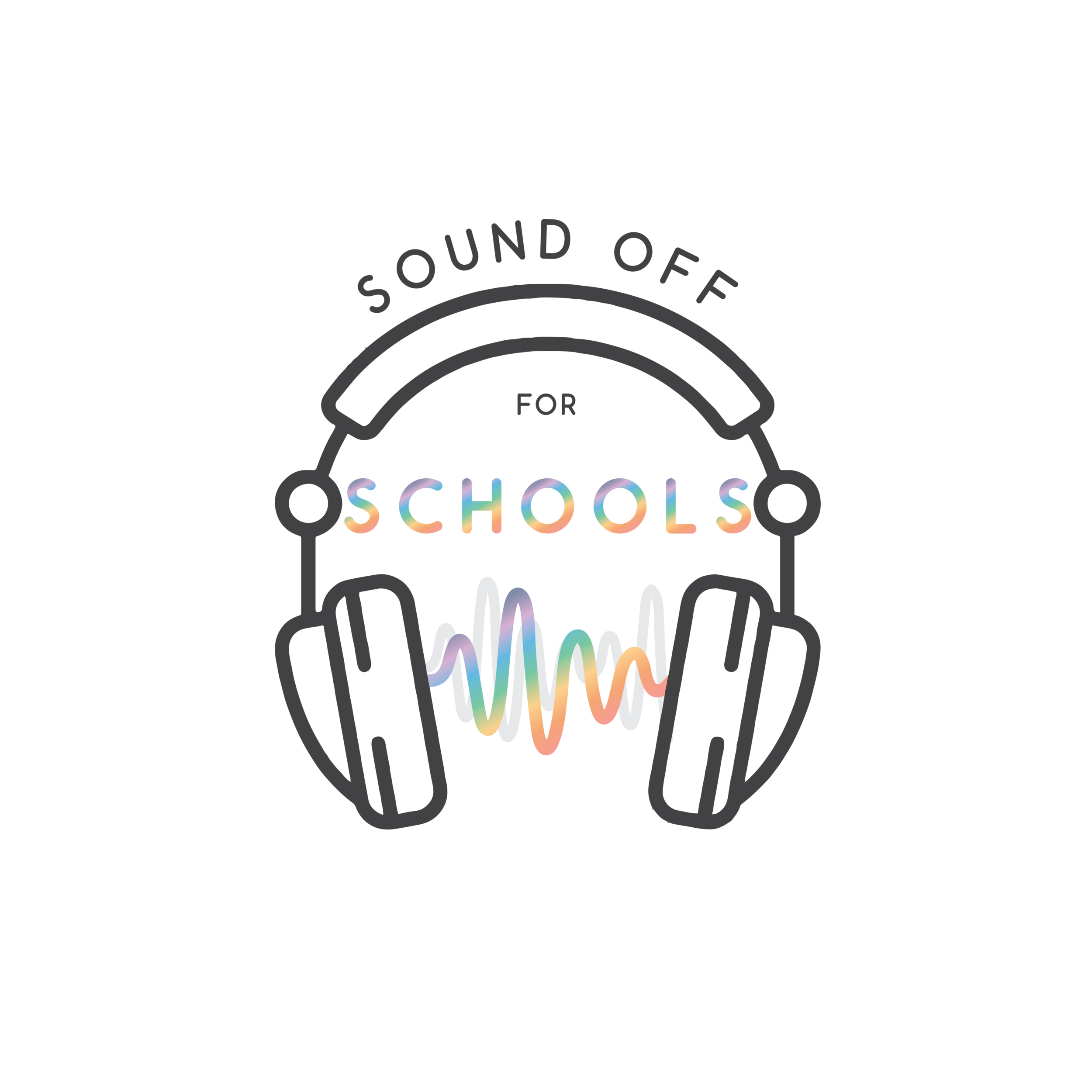KIDS THAT CAN SELF-REGULATE ARE TAUGHT THIS
Self-regulation is an essential social-emotional skill that doesn’t come with the latest standardised testing regime, external exams or curriculum modification. For a young person to learn the skill of self-regulation deliberate time and space must be carved out throughout their formation years for the skills to be explicitly taught and practiced.
Do you believe this should be the responsibility of our schools? See schools making a difference here!
Firstly, let’s have a quick look at self-regulation as a skill we might expect children to have without even teaching them. Although some psychologists claim that a child’s innate ability to self-regulate can be connected to their personality and temperament, environment plays an integral role. When a child is faced with strong emotional stimulation, change in routine or expectations, or a situation that is highly frustrating, there is the very common “tantrum” response or in older children, sometimes an aggressive behavioural response to the stimulus.
Did you know that when parents, caregivers and teachers respond by “giving in” or work very hard to soothe these situations with external reward or change, we are basically acting as external self-regulators for the child?
If this becomes a patterned behaviour and a habitual cycle, a child learns to look “outside” for regulation and never actually has the opportunity to refine self-regulation skills for themselves. These skills are needed to survive by; becoming more self-aware of highly emotional reactions and situations, learning to use self-soothing strategies to return to a state of calm, and to employ resilience when unexpected challenges arise. Basically, we need to give children chances to isolate this skill and practice the regulatory redirection of behavior toward a goal, despite the unpredictable nature of growing up in our world.
We have a responsibility to support children to pause, consider, and then choose more carefully their response when the impulsive and reactive urge arises.
Here are a simple set of cues we can teach children to use when they are starting out:
(Ask us for a FREE PDF POSTER for the fridge or classroom!)
Where is this feeling in my body?
Skill ~ Turn toward my difficult emotions with acceptance.
I notice this emotion as {Anger}.
Skill ~ Identify and label the emotion.
Hello, {Anger}, I can see that you are making my chest feel tight and my face feel hot.
Skill ~ Accept that emotions exist.
I will breathe into all that is coming up in this moment and trust that this too shall pass by.
Skill ~ Know that emotions are impermanent.
Was there something that triggered me? Where did this {anger} come from?
Skill ~ Investigate the emotion & become self-aware of triggers.
I am open and accepting to my life and release all judgement of feelings and experiences.
Skill ~ Release all need to control emotion and learn that life is unpredictable.
{This can be adapted for all ages}
Are you interested in learning more about self-regulation? Ask us about our programs for young people here!
